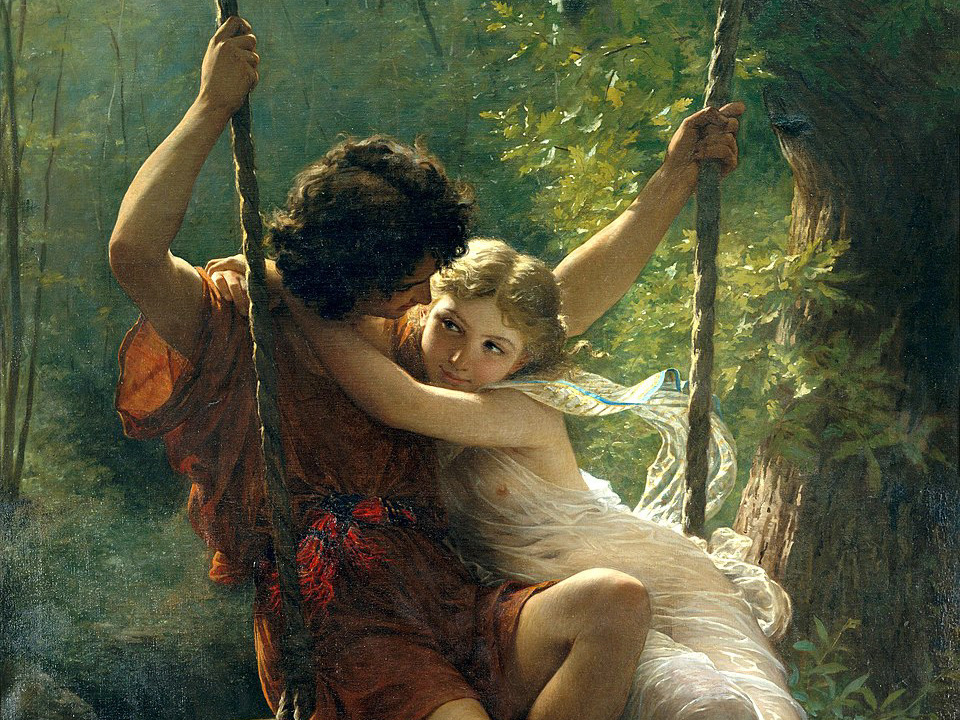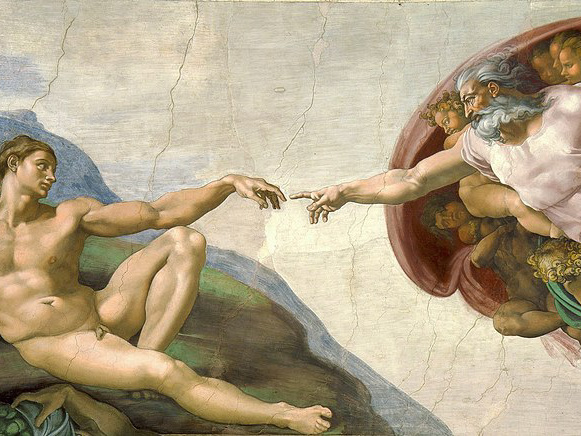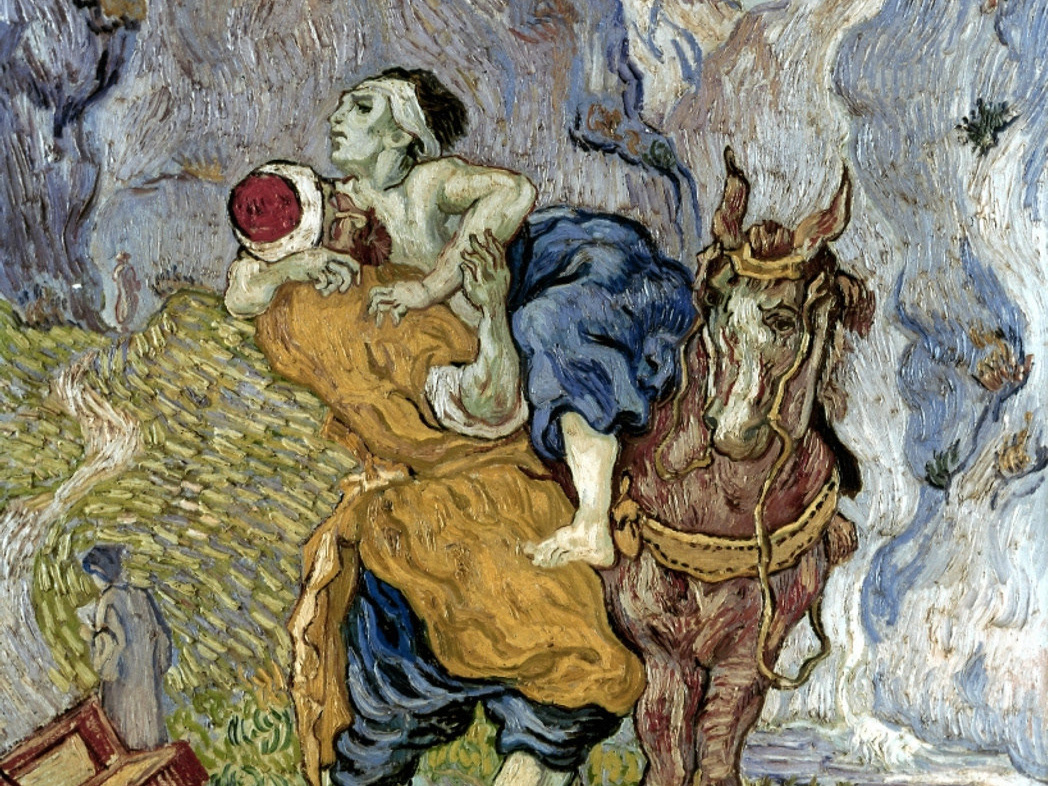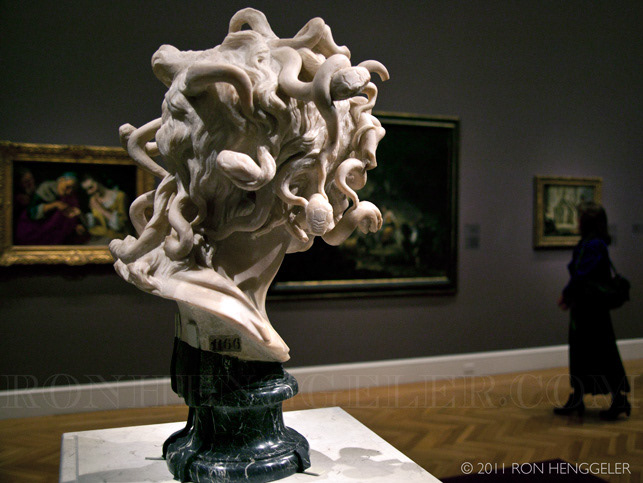In the closing remarks of my last scribble, I posed a question to you: What is love?
The question feels innocent, almost comical — until you realize that a life well-lived, a faith well-rooted, and a soul rightly aligned with its Creator all depend on it.
And for all its significance, I find it to be the most painfully difficult and unimaginably complex word to define.
And yet, our meaning as human beings hinges on understanding and pursuing it.
The romanticization of love — in many ways — is good. But in equally, if not more significant ways, it proves harmful. It has been oversimplified, overused, commercialized, and watered down to the point where love is everything… and consequently, nothing.
The result?
Its quiet expulsion from society. Because it has lost meaning, we now hurl around its carcass and use it to describe the faint, fleeting emotion we often feel — more accurately called lust. This is the modern plight.
But before we define what love is, we must first clear away the impostors. There are some things we can clearly agree that love is not:
1. It cannot be lust — lust is its most prominent imitator and its greatest enemy.
2. It is not rational — it is only rationed by itself.
3. It is not everything, but it is all-encompassing.
4. It is not emotion alone
____________________________________________________________________________________________________
Today’s focus is lust.
This is its nature: self-centered, short-term, objectifying, driven by impulse.
Lust is self-centered — and that is my primary criticism of it. It pales in comparison to what love is (or at least, what love is meant to be).
To understand the contrast, consider the ancient Hindu epic of Savitri and Satyavan:
A wife follows Death itself to retrieve her husband. She bargains. She outwits.
She does not cling to safety, comfort, or logic. She walks with Death to regain the man she vowed her life to.
It is no longer about her survival or well-being — she cares for something more.
So much more that she willingly lays aside everything else.
Her love isn’t metaphorical — it’s embodied. It walks. It speaks. It fasts. It follows Death across desolate paths.
Her love is not passive affection — it is intercession.
Because she has made a vow — and love, true love, is faithful to what it promises, even when the soul it clings to is being dragged towards dissolution.
This is love: not the sacrifice of what is disposable or trivial, but the sacrifice of self.
Or consider Jesus Christ, the center of Christian belief.
He is called the propitiation for sin, though He committed none.
God in flesh, sent to save the creation He deeply loves, because the Law was coming with judgment and humanity stood condemned, unable to rescue itself.
The Bible records that He who knew no sin became sin — bearing the guilt of the world.
And as the law declares, “the soul that sins must die” — so Christ died.
But His love was not distant or theoretical.
It entered time. It entered flesh. It entered pain.
His love doesn’t speak of forgiveness; it becomes the offering.
His love did not remain in the heavens; it stepped down. It wept. It sweat blood. It carried a cross.
He became what He was not — sin — so that we might become what we are not — righteous.
And He did not do this because it was deserved or returned.
He did it because love, real love, redeems what is lost, and keeps its promise, even when it costs everything.
He became flesh and blood forever so that His creation might become like Him forever.
That is love.
“Greater love has no one than this: that someone lay down his life for his friends.” — John 15:13
As lust seeks short-term gratification for the self, love seeks long-term — even lifelong — investment in another.
Lust objectifies the one it desires; love honors and attributes value to the one it cherishes.
Lust exerts itself to take; love offers itself to give.
Lust is everything love refuses to be. It is easier. It feeds the ego. It satisfies the flesh while starving the soul.
Lust is desire without devotion.
It is fragmented; love is whole.
Lust sees in part; love sees anew.
Theologically speaking, lust is a disordered and diminished counterfeit of love — one that undermines, mocks, and ultimately corrupts.
The Death of Socrates - Jacques-Lois David (1787)
ps - “Love is not safe, and it is never small. It demands much — but in doing so, it reveals what is most eternal and most human in us.”




